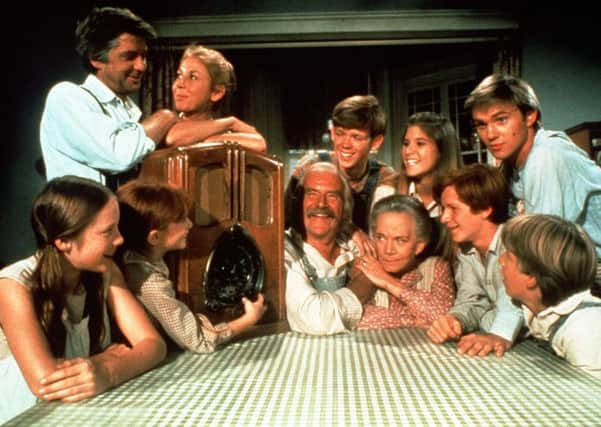Home ownership survey names UK’s five ‘tribes’


A report into how housing stock will be divided up found modern homes will need to take into account a growing need for multi-generational families living under the same roof and a demand for eco-friendly and energy-efficient homes.
The study, by Strutt and Parker, said that the “tribes” – which include the Waltons and the GloMads – will have a significant impact on the country’s housing requirements in ten years’ time as architects and property agencies move to address changing demand.
Advertisement
Hide AdAdvertisement
Hide AdThe Housing Futures Survey looked at changes in housing trends, such as a near-doubling of the number of people in the private rented sector since the turn of the century.
“The ageing baby boomers and the millennials – those who reached adulthood around the year 2000 – are creating two huge imbalances at either end of the market,” said report author Stephanie McMahon.
“If we ignore these emerging trends the imbalance will become more exacerbated over time and the existing housing stock will become less and less fit for purpose.”
Through speaking with industry experts and conducting a survey with 1,000 respondents, the report came up with five distinct “tribes”, each with their owning housing requirements. These are The Waltons, GloMads, Tumbleweeders, MEcos and My-Sizers.
“The UK housing market is influenced by numerous factors, from changing immigration patterns to financial market performance; from government policy and planning to human behaviour and transportation,” said the report, pointing to home ownership as a relatively new phenomenon in the UK.
According to the report, there is approximately £1.6 trillion in equity held outright in homes, with an addition £1.5 trillion in mortgage debt.
But while it exerts “significant influence” over the country’s economy, in terms of the UK economy it is a relatively new market.
A century ago, 77 per cent of households lived in rental properties, with just 23 per cent owning homes. It was only in the wake of the Second World War that home ownership picked up speed, with wages rising and ownership becoming more affordable. However, property ownership peaked at 70 per cent in 2001 and has since declined.
Advertisement
Hide AdAdvertisement
Hide AdNearly 95 per cent of people surveyed by Strutt & Parker said they wanted some kind of outdoor space in their next home, while properties with a view of the sea or located near to water were also highly prized.
Other trends identified by the report include: living alone is becoming more common and will affect housing; Generation Y – those born between 1978 and 1995 – will be willing to live in private rental for longer, if not for their lifetime; traditional family structures are no longer the norm, which will drive a resurgence in alternative housing needs; and baby boomers will “right-size” to raise capital for pension and their children’s housing needs.